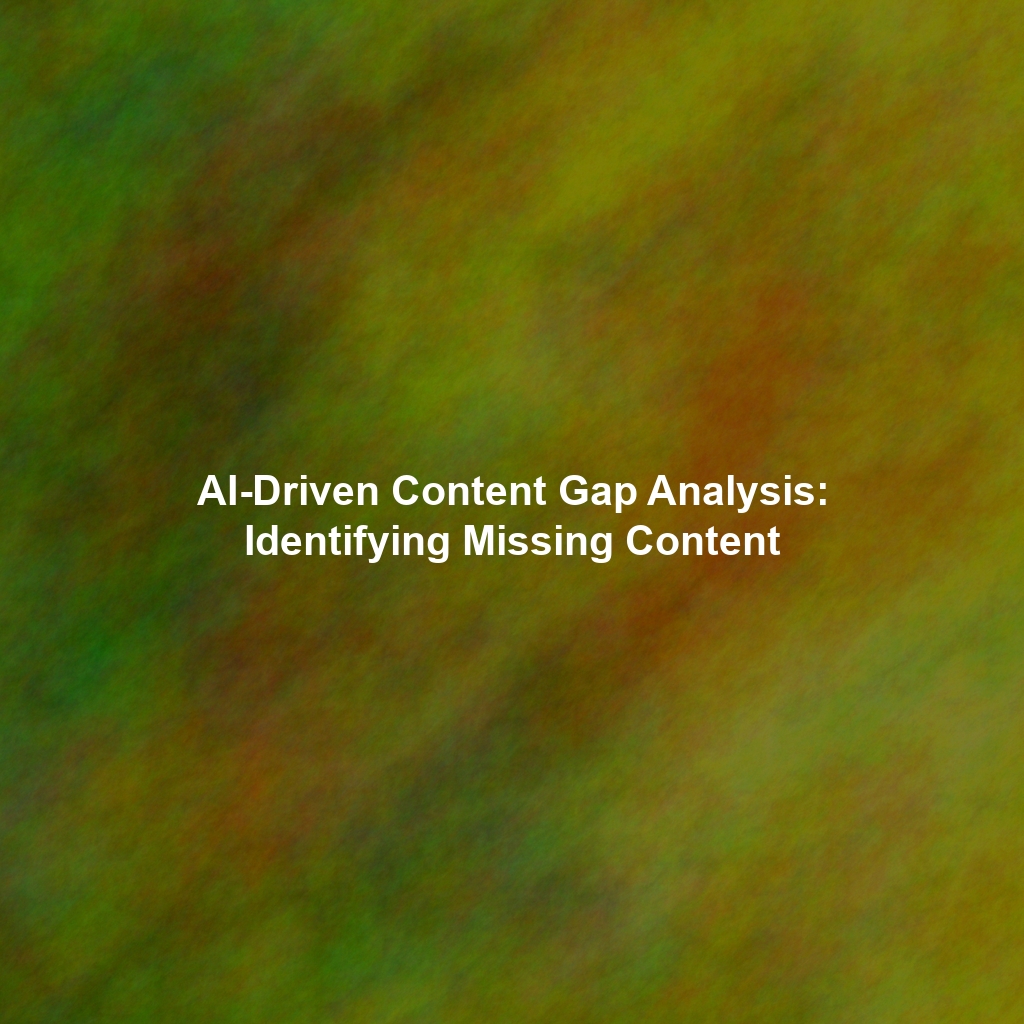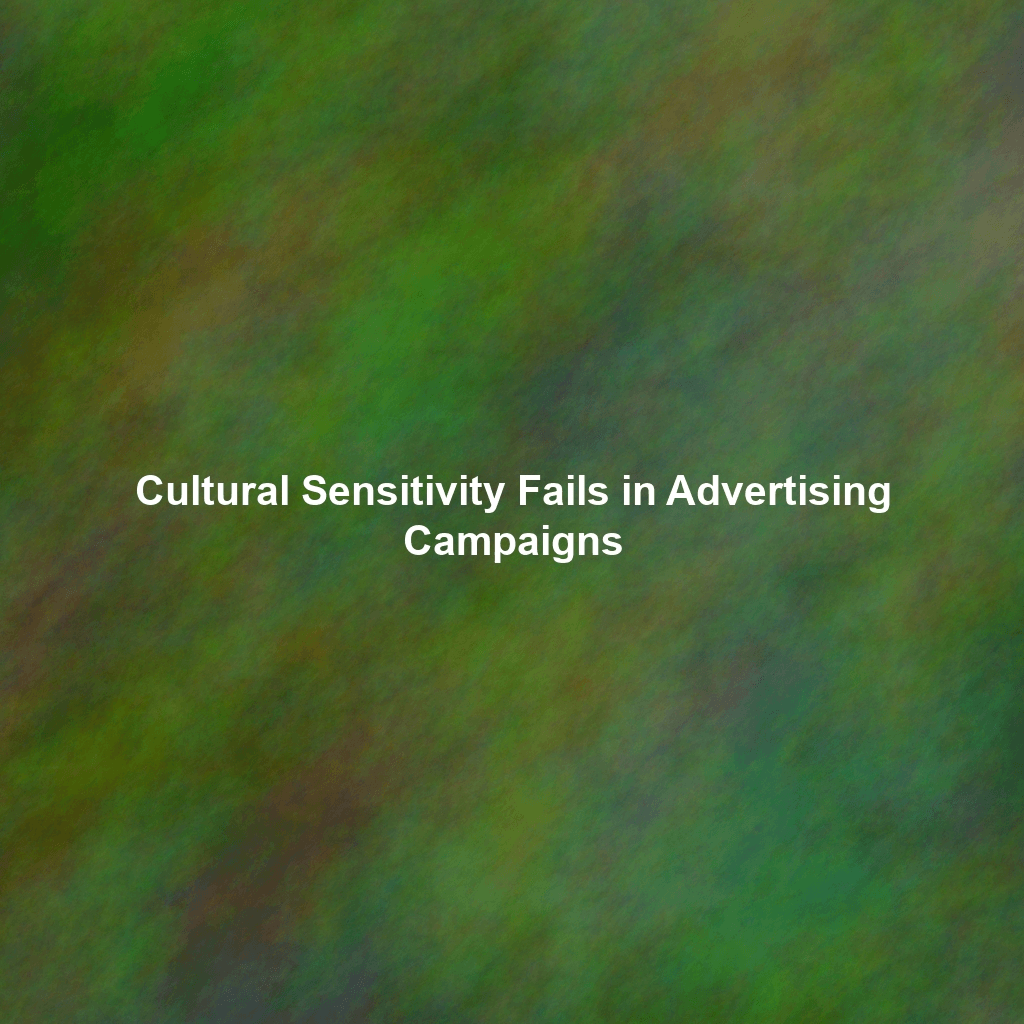The allure of celebrity endorsements is undeniable. Imagine your product soaring off shelves, catapulted by the sheer star power of a beloved celebrity or a trending social media influencer. It’s a marketer’s dream, a shortcut to brand recognition and, hopefully, increased sales. But what happens when that dream turns into a nightmare? What happens when your chosen face becomes embroiled in scandal, dragging your brand through the mud alongside them?
The Dark Side of Endorsements: When Stardom Goes Wrong
Celebrity endorsements are built on trust, aspiration, and the perception of a perfect image. But beneath the carefully crafted facade lies the very real possibility of scandal. From personal indiscretions to unethical behavior, a celebrity’s actions can directly and negatively impact the brands they represent. Here are a few examples where the seemingly golden touch turned leaden.
Personal Scandals: The Unpredictable Factor
One of the biggest risks of celebrity endorsements is the unpredictable nature of human behavior. Celebrities, like anyone else, are prone to making mistakes, and those mistakes can quickly become public knowledge, amplified by the relentless scrutiny of the media and social media. Even seemingly minor infractions can tarnish a brand’s image if associated with a celebrity embroiled in controversy.
Consider the Tiger Woods scandal. At the height of his career, Woods was the face of numerous brands, including Nike, Accenture, and Gatorade. When his personal life imploded in a highly publicized infidelity scandal, these companies faced a difficult decision. While some initially stood by him, the long-term damage to his reputation ultimately led to many severing ties, leaving those brands scrambling to repair the damage to their own image.
Similar scenarios have played out with other high-profile figures, demonstrating that even the most carefully vetted celebrity can become a liability overnight.
Misleading Endorsements: When Honesty is Questioned
Another significant risk arises when celebrities endorse products they don’t actually use or believe in. This can range from subtle exaggerations to outright false claims, eroding consumer trust and potentially leading to legal repercussions.
Remember the Fyre Festival? This infamous “luxury music festival” was heavily promoted by a slew of social media influencers, including Kendall Jenner and Bella Hadid. These influencers were paid handsomely to create buzz and sell the festival as an exclusive, VIP experience. However, the reality was a far cry from the idyllic images they portrayed. The festival was a complete disaster, plagued by logistical failures, inadequate accommodations, and a general lack of organization. The influencers, many of whom failed to disclose they were paid for their endorsements, faced intense backlash for promoting a fraudulent event. This case highlights the importance of transparency and authenticity in influencer marketing, as well as the potential legal and reputational risks of promoting products or services without proper due diligence.
Ethical Concerns: When Values Clash
Brands must also consider the ethical implications of their partnerships. A celebrity’s involvement in questionable activities, even if not illegal, can alienate consumers who share different values. For example, a celebrity known for promoting fast fashion might not be the best fit for a brand focused on sustainable and ethical practices.
The vegan community provides a good example of how a brand’s ethical alignment with a celebrity can impact its image. In the past, a celebrity who promoted animal rights could be perceived as hypocritical for endorsing a leather goods brand. Today, more brands recognize the importance of aligning with celebrity values, as consumers are increasingly making purchasing decisions based on ethical considerations.
The Rise of Influencers and New Challenges
The digital age has ushered in a new era of influence, with social media influencers wielding considerable power over their followers. These influencers, often perceived as more relatable and authentic than traditional celebrities, offer brands a direct line to specific target audiences.
However, the rise of influencer marketing also presents new challenges. The sheer volume of influencers, coupled with the often-unregulated nature of social media, makes it difficult to conduct thorough due diligence. Fake followers, undisclosed sponsorships, and questionable content are just some of the risks that brands must navigate.
Fake Followers and Engagement: Separating Real Influence from Empty Numbers
One of the most prevalent issues in influencer marketing is the existence of fake followers and engagement. Influencers can purchase followers and use bots to generate artificial likes and comments, inflating their perceived influence and misleading brands about their reach and effectiveness.
Brands need to be vigilant in identifying and avoiding influencers with fake followers. Tools and techniques are available to analyze an influencer’s audience and engagement patterns, helping to detect suspicious activity. Focusing on genuine engagement and authentic relationships with followers is crucial for ensuring a successful partnership.
Disclosure and Transparency: The Importance of Being Upfront
Transparency is paramount in influencer marketing. Influencers must clearly disclose when they are being paid to promote a product or service. Failure to do so can be considered deceptive advertising and can lead to legal consequences, as well as damage to both the influencer’s and the brand’s reputation.
The Federal Trade Commission (FTC) has issued guidelines requiring influencers to clearly and conspicuously disclose their relationship with brands. Using hashtags like #ad or #sponsored is a common practice, but the placement and clarity of these disclosures are critical. Brands should ensure that their influencer partners understand and comply with these regulations.
Mitigating the Risks: Strategies for Safer Endorsements
While the risks of celebrity and influencer endorsements are real, they can be mitigated through careful planning, thorough due diligence, and robust contractual agreements. Here are some key strategies for protecting your brand.
Due Diligence: Know Your Partner
Before partnering with any celebrity or influencer, conduct thorough due diligence. This includes researching their background, values, and past behavior. Check their social media accounts for any red flags, such as controversial posts or associations with questionable brands. Look for evidence of fake followers or engagement. Conduct background checks to uncover any legal or ethical issues.
Don’t rely solely on the influencer’s self-presentation. Seek out independent sources of information and speak to other brands they have worked with. A comprehensive due diligence process can help you identify potential risks and make informed decisions.
Contractual Agreements: Define Expectations and Protect Your Brand
A well-drafted contract is essential for protecting your brand in the event of a scandal. The contract should clearly define the scope of the endorsement, the influencer’s responsibilities, and the consequences of any breach of contract. Include clauses that allow you to terminate the agreement if the influencer engages in behavior that damages your brand’s reputation.
Specify acceptable and unacceptable conduct, including any restrictions on the influencer’s personal activities or public statements. Define the process for handling potential crises and ensure that you have the right to approve all content before it is published.
Monitoring and Crisis Management: Be Prepared to React
Once the endorsement campaign is underway, continuously monitor the celebrity or influencer’s activities and the public’s reaction. Track social media mentions, news articles, and online reviews. Be prepared to react quickly and decisively if a crisis arises. Have a crisis communication plan in place that outlines the steps you will take to address negative publicity and protect your brand’s reputation.
Consider including a “morality clause” in your contract, which allows you to terminate the agreement if the celebrity or influencer engages in conduct that is deemed immoral or unethical. This clause can provide you with legal recourse in the event of a scandal.
Conclusion: Navigating the Complex World of Endorsements
Celebrity and influencer endorsements can be powerful tools for building brand awareness and driving sales. However, they also come with significant risks. By understanding the potential pitfalls and implementing effective mitigation strategies, brands can navigate the complex world of endorsements and protect their reputation. Careful due diligence, robust contractual agreements, and proactive monitoring are essential for ensuring that your endorsement campaigns deliver positive results and avoid becoming another cautionary tale in the annals of marketing failures. The key takeaway is to remember that a celebrity’s image is not a guarantee of success, but rather a reflection of potential—a potential that needs to be carefully evaluated and managed.
 Skip to content
Skip to content

